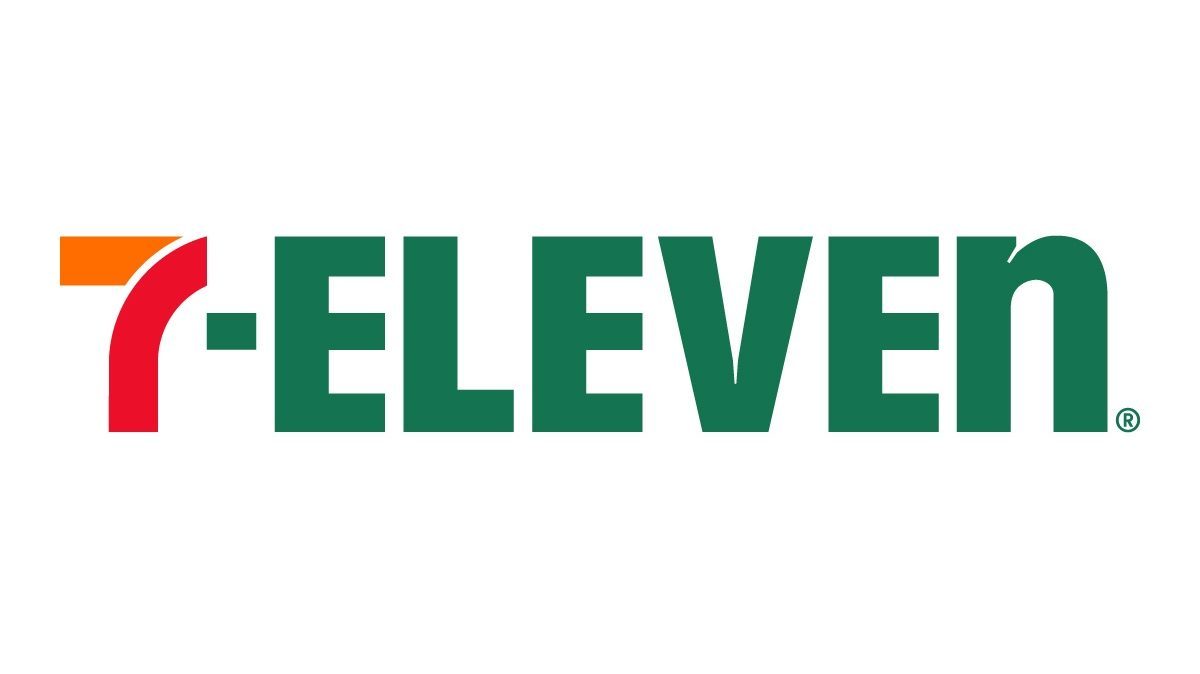July 13, 2022
The responsibility of payroll taxes falls on the shoulders of employers, although they come from employee paychecks. The federal government, Social Security and Medicare heavily rely on taxes from employee wages.
IRS revenue officers are now tracking how unpaid payroll taxes were spent during their “trust fund investigation.”
Payroll Taxes Used for the Employer’s Benefit
Employers will now face more penalties for spending payroll tax money for their own benefit, or pocketing it for themselves. Maintaining a luxury lifestyle while owing payroll taxes can now lead to prosecution.
Revenue officers are being instructed to pull employer 1040 tax returns to learn whether the money that benefited them was reported as income. If the money was not reported as income, the RO will submit the returns and investigation records to the civil audit division.
Another option is that the RO will refer the case to the IRS Criminal Investigation Division to review for criminal prosecution. The course of action made by the RO depends on the severity of the case.
What This Means for Business Owners
Business owners should utilize their tax professionals and seek advise to avoid any possible criminal activity. It’s important to review and track where the payroll money goes for the year. If you know that some of your payroll tax money went to yourself as an employer, you should prepare to amend your income tax returns before the IRS catches up to you.
Avoiding handling this matter could put you in a worse financial situation, or even lead to prosecution.
Payroll Tax Debt
If you are currently in unaffordable tax debt, Optima’s team of tax professionals may be able to aid your case.
Give us a call at (800) 536-0734 for a free consultation today.
Received an IRS notice that you’re confused about? Download the Optima Tax App to understand the implications of your notice, and the next steps to resolving your tax issue.
Original Article





